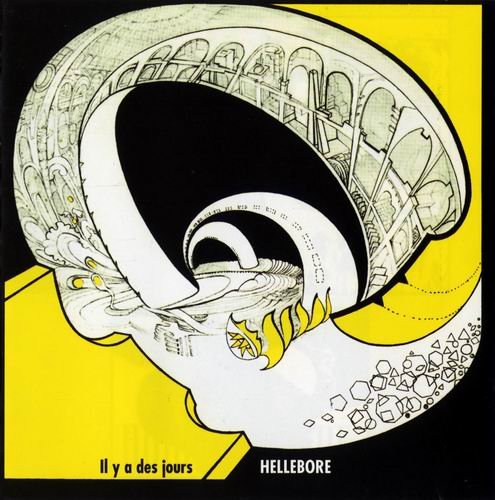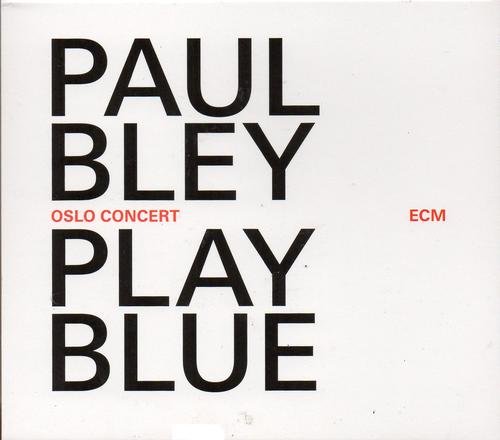Sarah Manning - Dandelion Clock (2010)

Artist: Sarah Manning
Title: Dandelion Clock
Year Of Release: 2010
Label: Posi-Tone Records
Genre: Jazz
Quality: Mp3 / 320kbps
Total Time: 65:22 min
Total Size: 137 MB
WebSite: Album Preview
TracklistTitle: Dandelion Clock
Year Of Release: 2010
Label: Posi-Tone Records
Genre: Jazz
Quality: Mp3 / 320kbps
Total Time: 65:22 min
Total Size: 137 MB
WebSite: Album Preview
-----------
01. The Peacocks
02. Marble
03. Habersham Street
04. I Tell Time By The Dandelion Clock
05. Crossing, Waiting
06. The Owls (Are On The March)
07. Through The Keyhole
08. Phoenix Song
09. The Windmills Of Your Mind
Count this as the best jazz album of this young decade give it another ten years and it could be one of the best jazz albums of an old decade. Not only is Sarah Manning a fearless and intense player, she's a fearless and intense composer, shades of another first-class alto saxophonist, Kenny Garrett. Restless, irrepressible, unafraid and unfailingly terse, much of what she does here is transcendent. Like Garrett, she likes a stinging chromatic edge, often taking on a potently modal, Middle Eastern tinge. Like JD Allen, she doesn t waste notes: she doesn t waste time making her point and the result reverberates, sometimes because she likes to hit the hook again and again, sometimes because her punches delivers so much wallop. There are plenty of other influences on her new cd Dandelion Clock (Coltrane, obviously), but her voice is uniquely hers. An obviously inspired supporting cast of Art Hirahara on piano, Linda Oh on bass and Kyle Struve on drums do more than just support, they seize the moment as you do when you get the chance to play songs like this. The tracks are originals bookended by a couple of covers (isn t that what cover are for, anyway?). The most Coltrane-esque composition, both melodically and architecturally, here is the dark, bracing ballad Marble, Manning s circular hook giving way to Hirahara s thoughtfully slinking piano that builds to an insistent staccato crescendo. Oh s solo follows with similarly relentless insistence as piano and drums prowl around behind her. The title track contemplates the concept of time as children see it it s not finite. The song is pensive and uneasy, as if to say that Manning knows something the kids don t and this is her rather oblique way of telling them. Bernard Herrmann-esque piano builds expansively to a tense rhythm that ticks like a bomb, Manning emerging off-center, circling her way down to a simple but brutally effective crescendo and an ominous diminuendo from there. Crossing, Waiting is an even more potently intense exercise in how to build tension, beginning with Oh s marvelously laconic, pointed solo, Manning eventually adding raw little phraselets over Struve s equally incisive rattle. The high point of the album is The Owls Are on the March, something of an epic. Hirahara s haunted-attic righthand is the icing on Manning s plaintively circling phrases. The way she builds and finally sails her way out of an expansive Hirahara solo, turns on a dime and finally brings up the lights, then winds them down mournfully again is one of the most exquisite moments on any jazz album in the last few years. There s also the aptly titled Phoenix Song, Manning s easygoing congeniality a bright contrast with the brooding band arrangement until she goes otherworldly with them at the end; the equally otherworldly tone poem Through the Keyhole and the after-dark scenario Habersham St. The two covers are strikingly original, a defiantly unsettling post-bop interpretation of Jimmy Rowles The Peacocks, and Michel Legrand s The Windmills of Your Mind, taken with a murky tango feel to the back streets of Paris prime Piaf territory and then out to Toulouse. Manning is somebody to get to know now the album s just out on Posi-Tone. --Lucid Culture
Personnel: Sarah Manning: alto sax; Art Hirahara: piano; Linda Oh: bass; Kyle Struve: drums.
Personnel: Sarah Manning: alto sax; Art Hirahara: piano; Linda Oh: bass; Kyle Struve: drums.
IsraCloud : Download


![Claude Williamson - Round Midnight (Remastered 2014) (2026) [Hi-Res] Claude Williamson - Round Midnight (Remastered 2014) (2026) [Hi-Res]](https://www.dibpic.com/uploads/posts/2026-02/1770854964_cover.jpg)





![Sonny Rollins - Saxophone Colossus (1956) [2022 DSD256] Sonny Rollins - Saxophone Colossus (1956) [2022 DSD256]](https://www.dibpic.com/uploads/posts/2026-02/1770879494_folder.jpg)